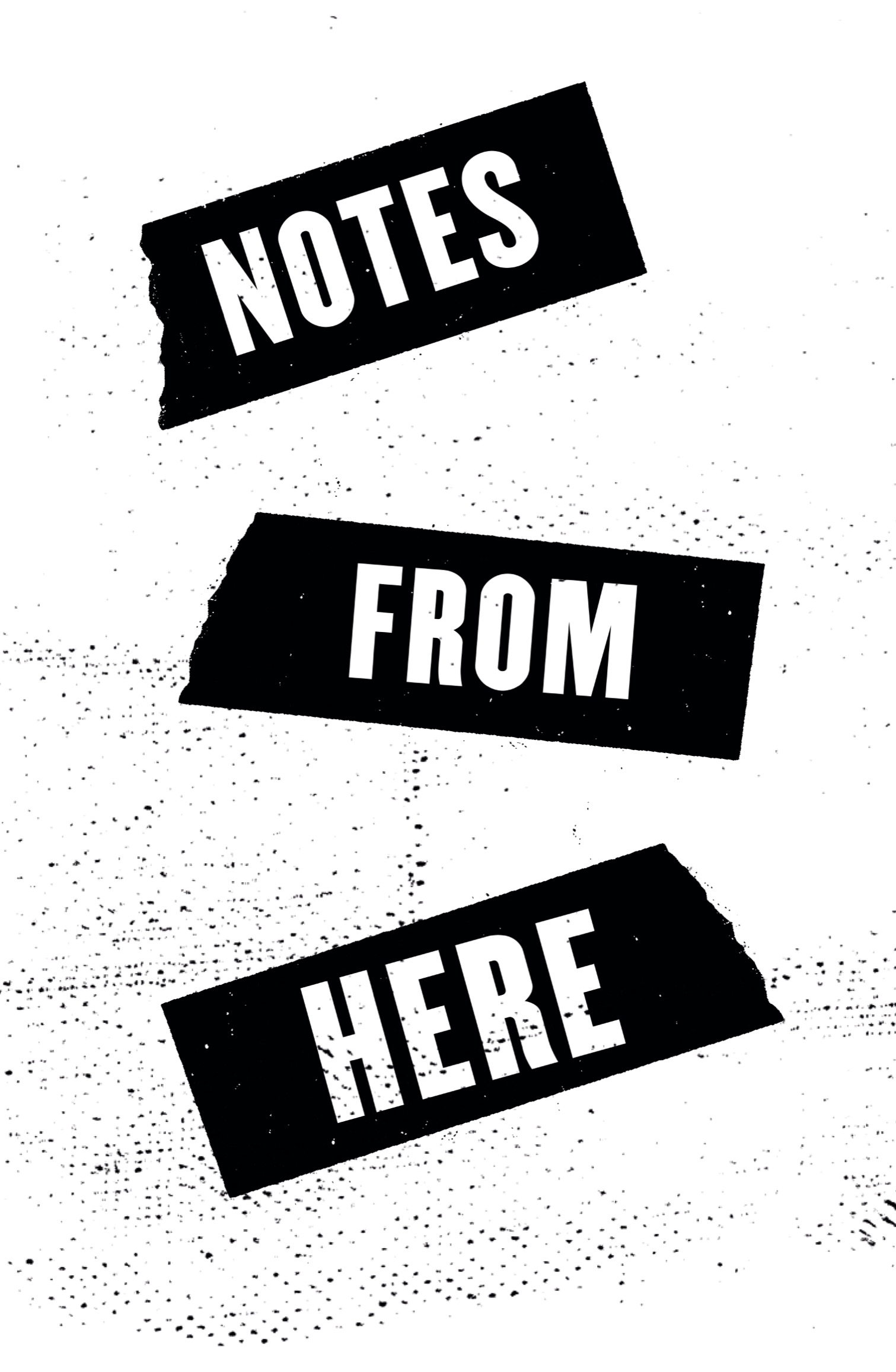an imprint of Penguin Random House LLC, New York, 2022 Owing to limitations of space, credit for individual poems and essays can be found beginning on . Collection copyright 2022 by Hanif Abdurraqib, Franny Choi, Peter Kahn, and Daniel Sullivan Illustrations copyright 2022 by Timba Smits Penguin supports copyright. Copyright fuels creativity, encourages diverse voices, promotes free speech, and creates a vibrant culture. Thank you for buying an authorized edition of this book and for complying with copyright laws by not reproducing, scanning, or distributing any part of it in any form without permission. You are supporting writers and allowing Penguin to continue to publish books for every reader. PENGUIN is a registered trademark and PENGUIN WORKSHOP is a trademark of Penguin Books Ltd, and the W colophon is a registered trademark of Penguin Random House LLC.
Visit us online at penguinrandomhouse.com. Library of Congress Cataloging-in-Publication Data is available. Ebook ISBN 9780593226834 The publisher does not have any control over and does not assume any responsibility for author or third-party websites or their content. pid_prh_6.0_139098779_c0_r0 In memory of Ishma Stewart, Beth Cheney, Daniel Escalona, and Dylan Thorn. You left us too soon, but your impact resonates.
Foreword
When I first opened the pages of
Respect the Mic, I couldnt help but reflect on the many classrooms, community centers, and prisons that I had the privilege of teaching in during my years in Chicago, a place I grew up in for eighteen years, growing through stumbles and starts into where I am today, eighteen years later (!), still stumbling and starting my way through line after line after line of poetry.
It was in those classroomsthe Gallery 37 spaces, open mics, slams, HotHouse, Guild Complex, Young Chicago Authors, Oak Park and River Forest High School [OPRFHS], Green Mill, Spices, and many other spacesthat I was able to better hear how to put the world on the page. Letter by letter, the streets and alleys, the bitter-cold winters and blazing summers wrote their poems into me with the asphalt and blues bars singing their sweltered up names onto mine. When you read these poems, you will no doubt hear the true voice of Chicagoland for yourself, the collusion of city and suburb, alley and lawn, that make up the capital of the Midwest. You will hear echoes of the great brawling, butchering, kitchenette-historied, Gold Coastglittered blues town. Youll feel the bass line of house music, the thrum of trap, the chorus of Cumbia. The great thing about coming of age as a writer in Chicago is that you have a skyscrapered, schoolyarded, L traintracked electricity in each space you sprawl intoa checkerboard of ethnicities to navigate and explore all the American tongues.
In Chicagoland, poets inhabit the XY axes of gridded streets to teach you that if the poem is gonna be worth it, it better sneak sweat-close to your skin and snatch off your chains. It better out-howl the Hawkish wind pushing down Michigan Avenue midwinters. It better be as scrawny-legged graceful as the grade-school hoopers in the park after dark. It better grin lopsided with a gold-toothed glint before it spits out a trochee or an iamb. OPRFHS has been an intrepid safe house for poetry over the past three decades. It is home to a cadre of extraordinary teachers with an extraordinary interest in bringing poets from all over the country to their auditorium, filling the stage with verse after verse, book after book, in front of a packed audience of young listeners entranced with the power of The Word.
On that stage, and in these pages, you will also hear how a poet cant wait for the day where I find out who I wanna be... you will understand even further why she was the only one brave enough / to say it out loud. Youll hear bullets in bucket hats, an opus of bucket drums, and a baile on a Friday night. This collection is a bit of a reuniona calling of voices that have been shaped and billowed and baked in the sun of each others voices, each others shouts in the hallways and classrooms of this Respect for The Mic. Cause that is what it boils down to in the end. Respect.
Thats all we really have left, and when its done right, thats all you really need to lean on. This OPRFHS literary tradition is a luscious, living, lie-killing, life-dealing part of doing it right. Inclusive, expansive, and digging into the well of American identity in all its myriad possibilities toward a More Human World. Drinking from the heart of the heart of a city thats got a Mississippi train track querying through its Music: What city were you born in? A conditional war zonea consequence of blessings. I digress. The point is that this is supposed to be a foreword.
But once you in it, you be all the way in it. And thats all the forward you need to make it back Home again. Youll see what I mean. Youll hear it, too, those voices in the hall... In conclusion, I leave you with two phrase poems I learned in Chicago: the salutations of Kwame Nkrumah and the mighty Association for the Advancement of Creative Musicians... Forward Ever, Backward Never!***Ancient to the Future! Tyehimba Jess
When I became a public high school English teacher in Oak Park in 1994, I was terrified of teaching poetry.
Poetry felt like a riddle I could never solve. How could I teach something that I myself didnt understand? I muddled my way through with the poems I had been taught in high school, the very ones that made me hate it because they made me feel stupid and I couldnt see myself in them. In 1998, I brought in a former student, Jonathan Vaughn, to rescue my poetry unit. I watched my students faces wake up as he connected music lyrics to poetry, explained that rap stands for Rhythm And Poetry, told them about poetry slams, and encouraged them to write and share their own poems. Imagine that! I was embarrassed and inspired at the same time. Can we have a poetry slam, Mr.
Kahn? the students rang out. And we did. A week later, the student with the lowest grade in the class came out on top with a rap about his writing pad that he took with him everywhere. Brandon, where the hell have you been hiding that! was a song lyric that we all sang out together. This is when poetry transformed from enemy to ally. (Patricia was the first poet I ever brought to my classroom.) I also started thinking more about what was then called the racial achievement gap and is now more aptly called the opportunity gap. (Patricia was the first poet I ever brought to my classroom.) I also started thinking more about what was then called the racial achievement gap and is now more aptly called the opportunity gap.
It has been a horribly resilient problem that has existed at our school since I started teaching there. This gap includes roughly a one point difference in weighted grade point average between white and Black students. And I thought one way to combat this rift was to create what is now called the Oak Park and River Forest Spoken Word Club. We wanted the club to create a place of belonging for all our members, and particularly our Black students, where their experiences and voices could be heard loudly, proudly, and clearly. Each week, we celebrate our study table all-stars (those earning good grades) with snaps and cheers, while holding accountable and encouraging those with low grades. Students have set up peer-to-peer tutoring, and captains take pride when everyone in their group is an all-star.

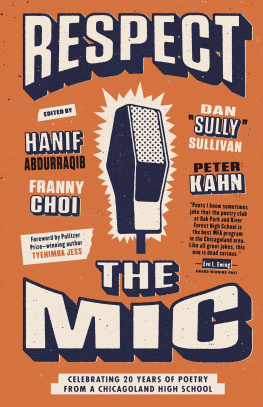
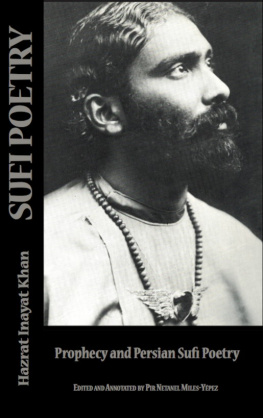

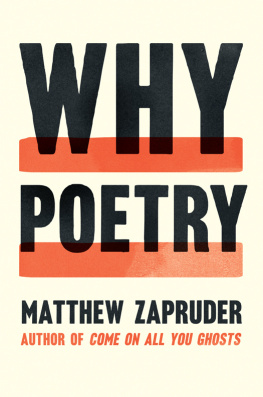
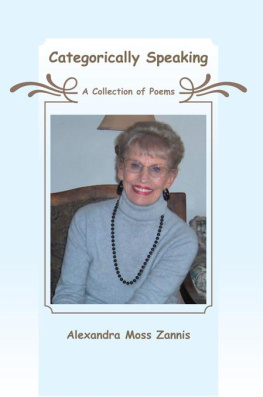


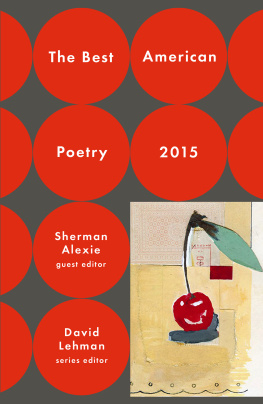
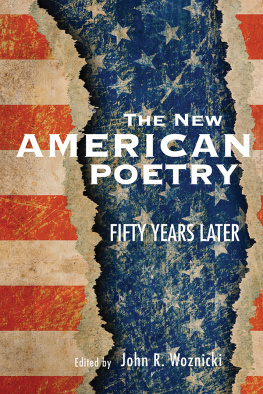
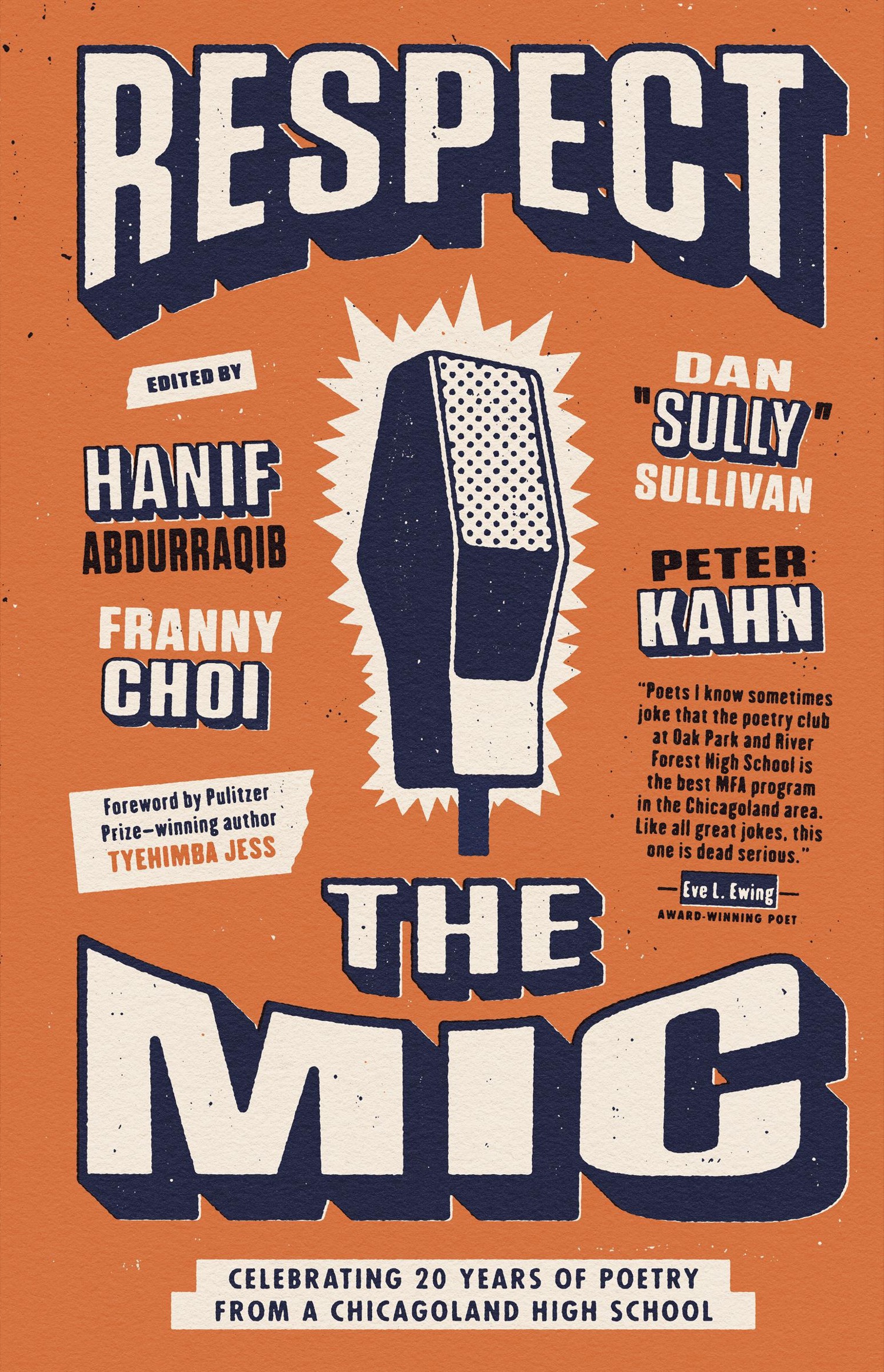
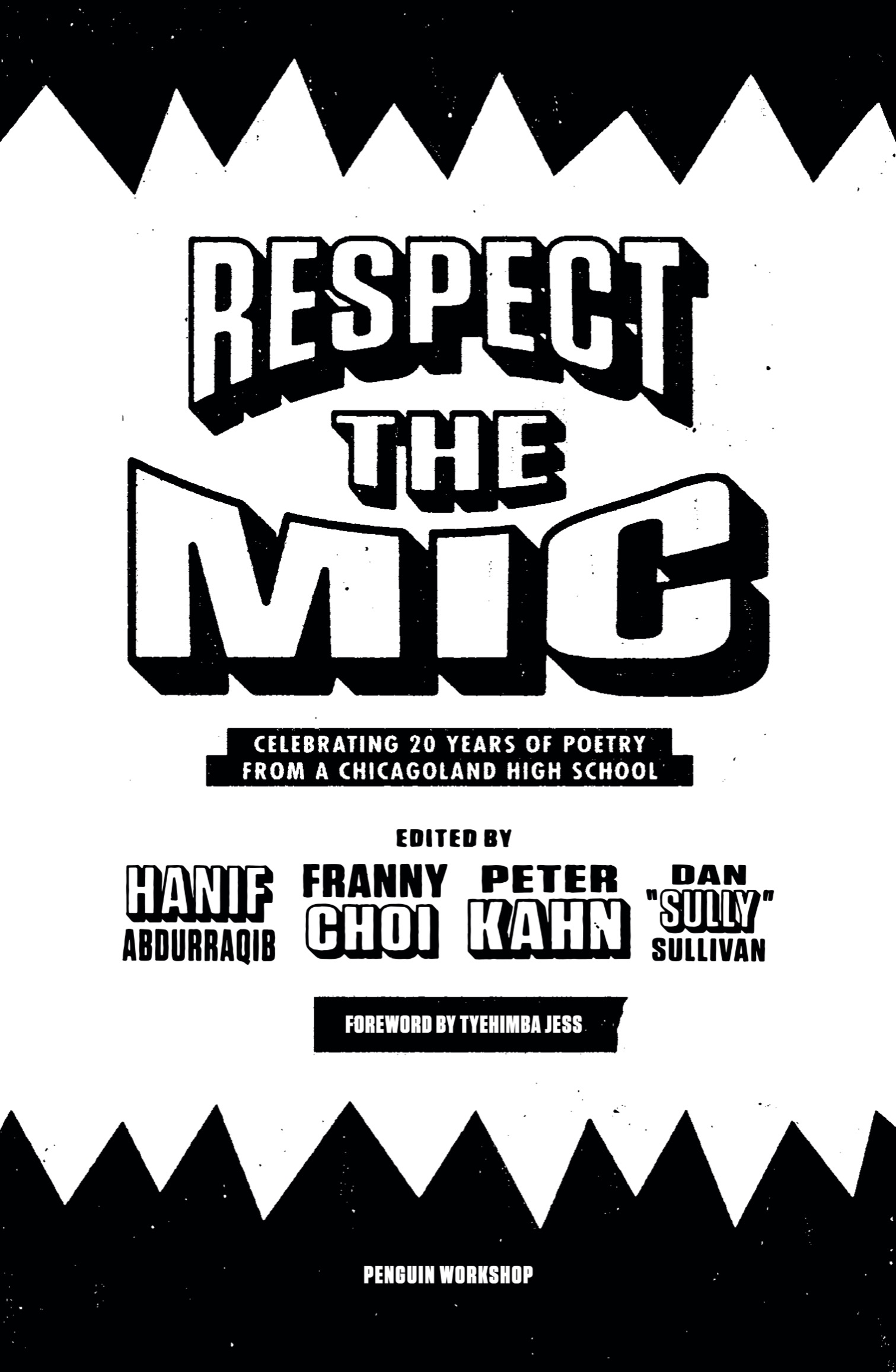
 PENGUIN WORKSHOP An imprint of Penguin Random House LLC, New York
PENGUIN WORKSHOP An imprint of Penguin Random House LLC, New York  First published in the United States of America by Penguin Workshop,
First published in the United States of America by Penguin Workshop,